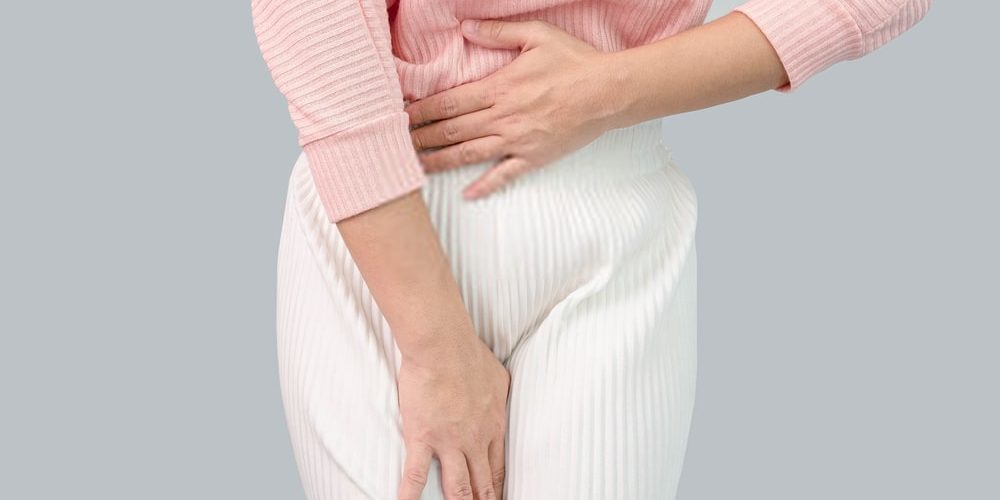
Pregnancy is all about having some jitters, the excitement of having a baby, glowing skin, receiving a lot of care, and being pampered by your near and dear ones. Another perk of being pregnant is not having the periods for straight nine months. Your periods go on an extended vacation and you just need to lay back, relax, and take care of yourself and your baby. The common question that strikes all moms-to-be is, when will they get their periods after delivery and how will periods be after having a baby? In this article, you can learn everything you need to know about “The first period after childbirth”.
A woman needs to understand that having a baby brings a lot of changes to her body and things take time to get back on track. Your body undergoes many hormonal changes during and after pregnancy. There’s nothing like a standard postpartum period time as it varies from woman to woman and from the body to body.
So, let’s take a look at some major questions that a woman is likely to come across while being pregnant or after childbirth.
Table of Contents
What will be my first period after delivery be like?
The first periods after pregnancy will be way different from the ones you had before conceiving. You may have:
You may have Heavier, longer, and painful periods after delivery
The larger uterine cavity will cause more endometrium (mucous lining the uterus) to shed more with much pain. This will also help in improving future periods.
Periods after childbirth may come with more menstrual cramps
Women may experience worse or better cramps than the ones before conceiving as the uterus contracts while returning to its usual size.
You may notice small blood clots in the first period after childbirth
Because the body sheds the placenta after delivery, the blood might get collected inside the uterus and develop clots. This is also a body mechanism to form clots during pregnancy to prevent excess blood loss during childbirth. Within 24 hours when the blood flow is highest, women may pass one or more large clots. Thus, it is normal to see blood clots in the first period after normal delivery.
You may have irregular periods after delivery
As the period cycle directly depends on breastfeeding, it will be quite irregular or may even occur after a long pause post-childbirth depending on your breastfeeding schedule.
What are the possible reasons for changes in periods after delivery?

Some women experience the color change in the blood, heavier bleeding, and cramps, more clots during periods after childbirth. Some of the reasons that attribute to change in periods after childbirth are:
Your hormonal levels are affected by breastfeeding
This happens because the hormones that control breastfeeding are the same hormones that regulate menstruation. Hormonal level drops down after pregnancy and till the time you are breastfeeding, your cycle will be irregular. This happens majorly because of absence or low production of progesterone.
Changing hormone levels after childbirth
Many hormonal changes occur in the body after childbirth which causes a delay in the ovulation process as it is directly connected to hormonal disturbance. This hormonal shift is major during breastfeeding, especially when milk production decreases.
Your uterus takes time to return to normal functioning
Menstruation will take its regular form after some time. Till then, irregular and heavy periods are experienced by all the women. Therefore, it is not a big concern if you experience the same.
What is postpartum hemorrhage?

When it bleeds profusely after giving birth, especially within 24 hours, it’s called postpartum. In postpartum hemorrhage, a woman can lose about 500-1000ml of blood in just 24 hours.
Postpartum hemorrhage can also happen anytime within the first 12 weeks after giving birth. This can be quite serious as it can cause a big drop in your blood pressure and can eventually collapse the organs. Heavy postpartum hemorrhage can prove to be fatal. Some causes of postpartum hemorrhage are:
Uterine atony where the uterus does not contract as it should causing heavy bleeding
Giving birth to twins or multiples
Having a baby weighing more than 8 pounds 12 ounces
Have given birth several times before
Tear in the vagina or cervix.
Sometimes general anesthesia in cesarean delivery.
Oxytocin medicine
Obesity
Uterine rupture during labor
Can you have irregular periods if you are breastfeeding?
Irregular periods are directly related to breastfeeding. Immediately after giving birth, an irregular period is a common thing. This irregularity of periods happens because the hormones that support breastfeeding are responsible for delaying ovulation. Your body takes time to recover from pregnancy and childbirth. Therefore, periods may be irregular, even if you are not breastfeeding.
Also Read: Self Care Post Pregnancy
Do you need to see a doctor at any point for periods after childbirth?
If any of the below-mentioned symptoms are felt or observed, you must talk to your gynecologist soon. It might be a sign of some postpartum complication that needs immediate medical intervention as they could indicate postpartum hemorrhage. Such symptoms are:
Clammy and dry skin
Blood clots bigger than a plum
Blurred vision
Bright red bleeding after the third day of delivery
Rapid heartbeat
Chills
Nausea
Faint feeling
Dizziness
Weakness
Bleeding that soaks one sanitary pad an hour and that doesn’t slow down or stop
Heavy bleeding with fever
Take Away
The first period after childbirth is different from the usual menstrual cycle due to the aforementioned reasons. It’s quite ok to encounter such symptoms of irregular or heavy periods for new moms. But you should read the extreme signs of abnormal periods that your body gives and should know what is not normal. In case of blood clots in period blood and excessive bleeding that doesn’t stop, go consult a gynecologist immediately as it might be some health complication that requires immediate medical attention.
The first postpartum period is heavier or painful with bearable cramps. So don’t worry, listen to your body, and play safe! Go see your doctor if you face unusual troubles or if you do not feel gradual relief in symptoms.
Also Read
When can you have sex after pregnancy?
Intercourse after childbirth- How will it be?
Painful Bowel Movements after Childbirth – Common Conditions







